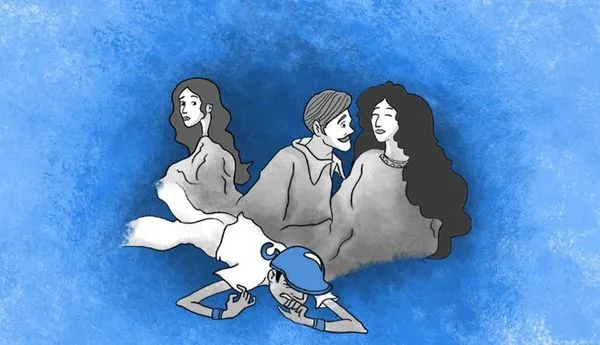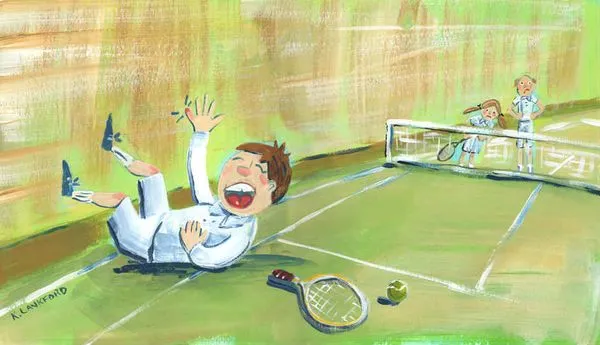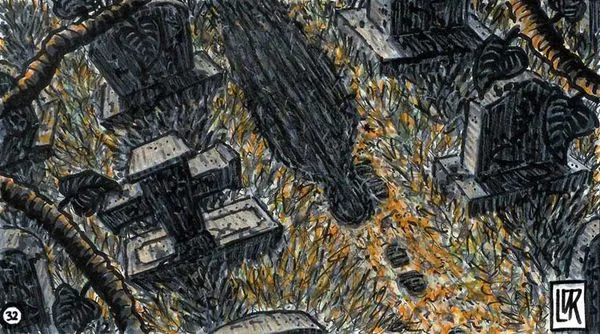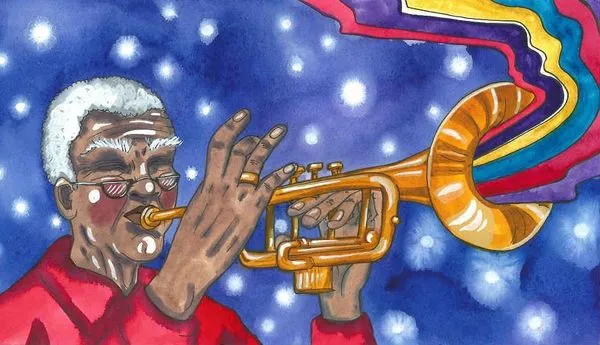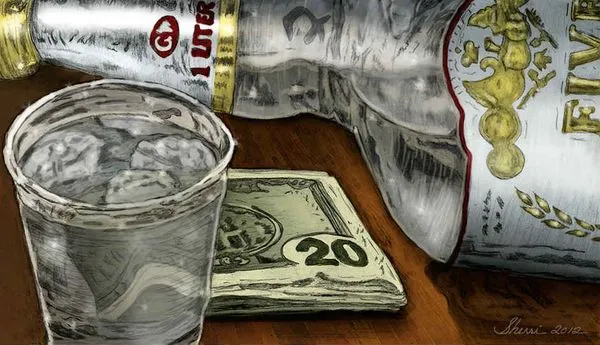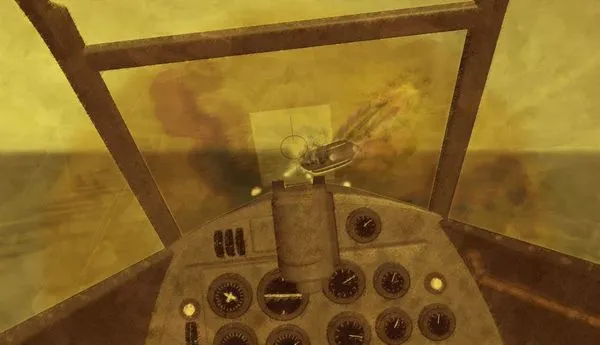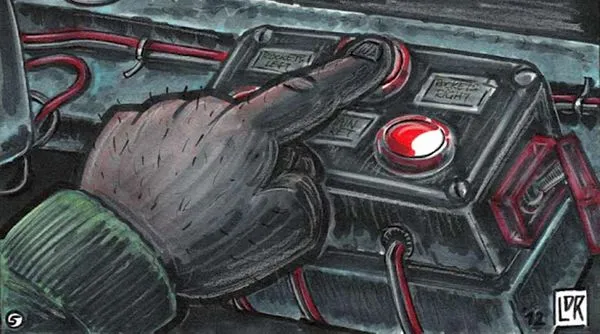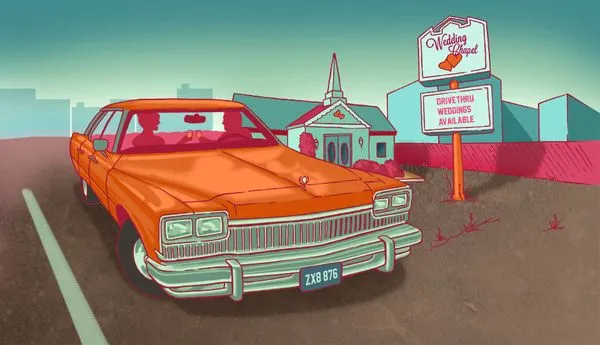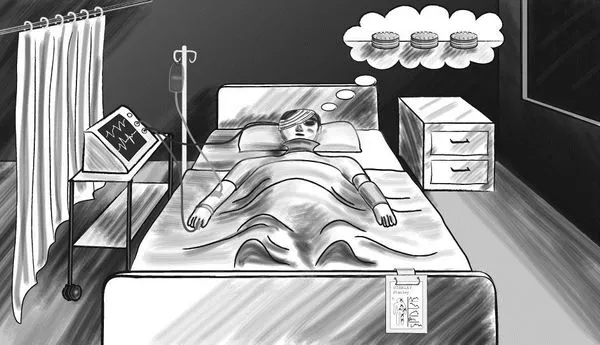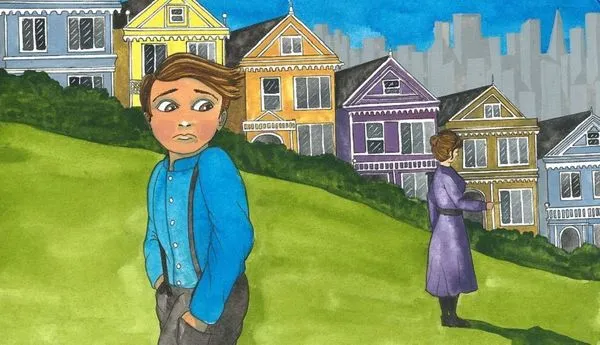Delivery
Published on 2017-03-13
A few feet from the doctor’s office, I checked my iPhone. No messages. No excuse or reason to abort the appointment. My heart was racing. Calm, get calm. I looked across the street at the low granite wall that borders Central Park. Leaves fluttered gently in the summer breeze. Under the shade of a huge oak, a man wearing a blue running suit sat on a bench next to the wall. His small gray dog lay on the sidewalk next to him.
The man seemed to be looking at me, almost accusing. Silly, first-time jitters, I suppose. It was only the male gaze. I pushed through the heavy brass and glass door. The long hall smelled of old books. The air felt cool as I walked to a mahogany door marked, “Dr. AHRE MANN.”
The receptionist smiled as I entered the waiting room. “You’re a little early Miss,” she said.
I smelled her lilac fragrance. Her short gray hair was fine and had tiny waves. Good bone structure. I imagined the skin of her face pulled tight. She must have been stunning thirty years ago. There was one of those round clocks on the wall next to her desk. The sweep hand moved every second. How many hours of her life had that clock metered?
I flashed a perfunctory smile and sat on the blue couch at the far end of the little tan room. A large fish tank against one wall bubbled. Golden fish glided back and forth. How long does a fish live? I would never own a parrot, they live much too long. But, what is a lifetime? Logically, it has to be how long an organism continues to live, whatever the average lifetime for the species. A lab rat may live a few weeks, but a pet rat can live for years. That was the answer I needed. The lifespan of a thing is simply how long it lives. The doctor’s actions and of course mine were merely agents of change, casually blowing out the spark.
The inner door to the doctor’s office opened. A young woman in an orange summer dress rushed past and out of the office into the hallway. Although her face flashed by, I saw distress.
Dr. Mann smiled at me, held up his thumb and forefinger and closed the door. I assumed that he signaled that he would see me in two minutes. I seemed to be breathing too fast. Nerves. In minutes, life would be snuffed. Marvelous human potential would be jolted into death. I could get up and leave. However, the decision was made and walking from this would ruin my career.
Occasionally the receptionist looked away from the computer screen and glanced in my direction. Was she thinking about me or just resting those gray eyes? In some ways, gray is a good color, it goes with any shade. The inner door opened again.
“You’re my last patient for the day,” said the doctor.
That’s no accident, I thought.
I stood, glanced at the second hand of the wall clock, pulled a .40 caliber Glock from under my jacket, and fired two rounds into his chest and a third in his face. Before he hit the floor, I turned to the receptionist. She seemed frozen. Her eyes were wide, her mouth open. Because she was sitting, my first shot punched a hole in her forehead. Red splattered the wall behind her. I stepped closer to her body, still upright in the chair, and fired two rounds into her chest. The impact pushed her to the floor.
I looked at the clock. Seven seconds. Not bad for my first assignment. I’d never know why this was ordered, in this business you don’t ask. My hands felt damp inside the clear-plastic gloves. I dropped the gun to the floor and left. Message delivered.












